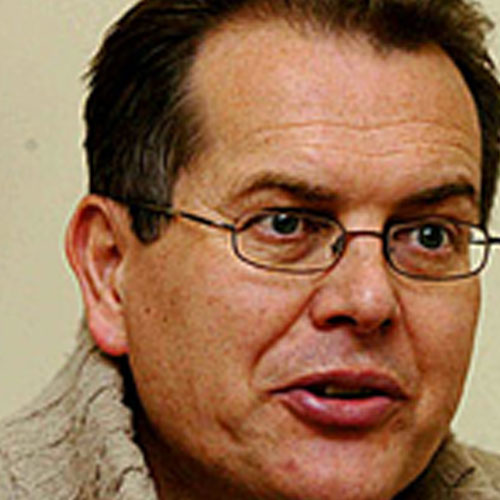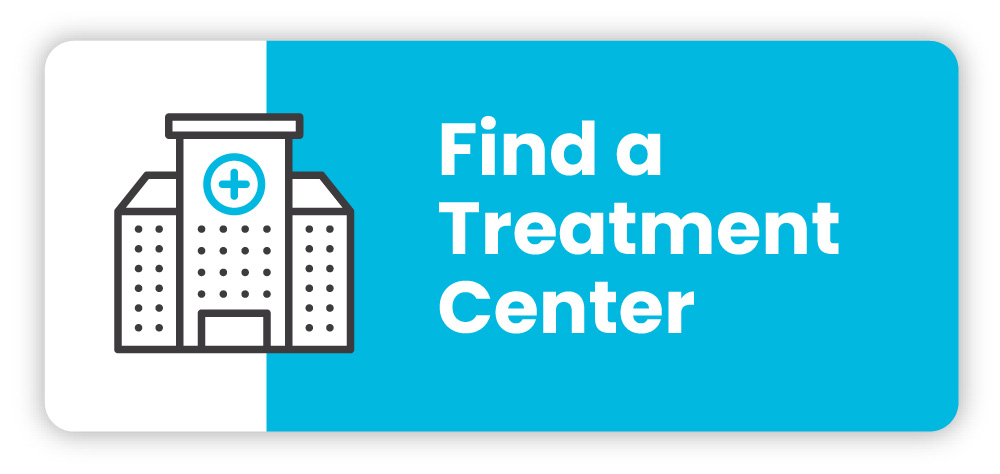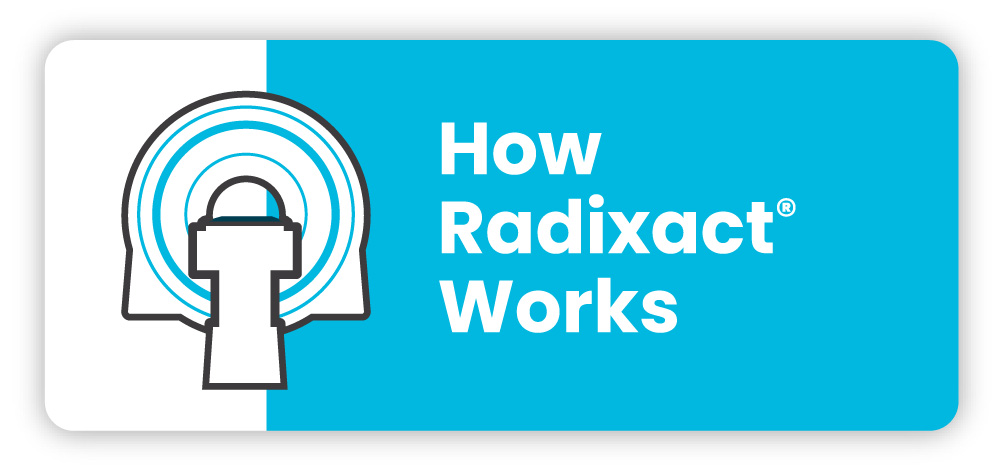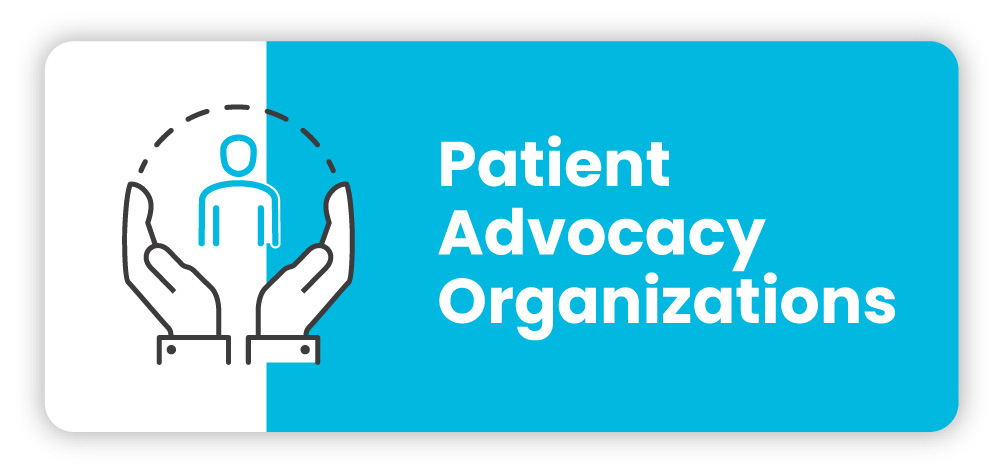This article is posted with permission from writer Alice, the Cambridge News and the family of John.
The phrase “fit family” could have been coined for the John’s family. Mum and dad are keen rowers; both their daughters are members of a triathlon club. And, as Saturday dawns, they won’t be slumbering under the duvet – they’ll be heading for the swimming pool, ready to rack up another 80 or 90 lengths.
“It’s not always easy getting out of bed at 7.30am on a Saturday,” admits 13-year-old Jessica, laughing. “But once you’re in the pool it’s fine. And we all know we’re doing it for a good reason.”
John’s family, who live in Girton, each pledged to swim the equivalent of the Channel to raise cash for ACT, Addenbrooke’s Charitable Trust – more than 5,600 lengths between them.
It is, explains dad John, a way of saying thank-you: diagnosed with prostate cancer less than a year ago, he is being treated at the Cambridge hospital. And he says he couldn’t have asked for better care.
“When I was diagnosed it was a huge reality check,” says John, 46. “My first thought was: ‘What about the girls? Will they grow up without a daddy?’ But the team at Addenbrooke’s have been amazing. I’ve just finished my radiotherapy and, to be honest, I quite miss seeing them every day.”
John, a businessman, first went to the doctor in January. “I found myself needing to wee more often,” he explains. “But it creeps up on you really slowly: you don’t notice that you’re getting up twice a night, then three times – you just starting thinking that’s normal.
“My wife Catherine and I both row in the Bumps and I can remember having to jump out of the boat more frequently than usual. But I prevaricated: it wasn’t until Christmas, when we stayed in a very old house, that I thought: ‘I really have to get this checked out’. I was having to creep down the creaky old staircase four times a night.”
John’s GP immediately referred him to Addenbrooke’s for tests, including a biopsy. The results showed he had an aggressive form of prostate cancer.
A disease of a male reproductive gland, it is the most common form of cancer among men in the UK. The condition kills about 10,000 Brits each year but, thanks to advances in treatment, about seven in 10 newly diagnosed prostate cancer patients now survive beyond five years; in the 1970s it was only three in 10.
“Telling the girls was the hardest thing,” says Catherine. “We waited until we knew the extent of the cancer; thankfully John didn’t have any secondaries. Both the girls have been brilliant. It made us think: ‘What if?’ . . .
Three days after John was diagnosed I was cycling back from the school run and a car reversed out, nearly hitting me. I was going quite fast; it could have been very nasty. That confirmed my view that you have to take each day as it comes – because you never know.”
Both John and Catherine credit staff and pupils at St John’s School with supporting their daughters, Jessica and her younger sister Esme, 9, in the wake of his cancer diagnosis. Running their own company, Histon-based IT security firm Signify, the couple also say business partner Dave Abraham has been “absolutely great”.
“We’ve been lucky to receive some amazing support,” adds John.
“From the beginning we agreed we wanted to do our bit: we want to raise awareness of this disease. If men do notice they need to wee more often than normal, they should go to the doctor and just have it checked.”
Prescribed a combination of medication and a course of cutting-edge radio treatment, known as TomoTherapy®, John first had to have surgery to relieve problems with his urinary system.
“I’ve learned that it’s no laughing matter,” he adds. “It got to the point where I couldn’t go on a long car journey; if I had a pint of beer I knew I’d have to wee four times to get rid of it – and it would be painful all four times. It’s not something to joke about: it can be really embarrassing and, if you can’t control it, it can be humiliating too.”
Before beginning the TomoTherapy System treatment, a high-tech form of treatment which uses a special scanner to target radiotherapy, John went on a family holiday to the Middle East. It was a much-needed break. But, on their return, John came down with a cold – which turned into something far more sinister.
“To start with I thought he had man flu,” explains Catherine. “But he ended up in Addenbrooke’s with pneumonia. That’s the only time he took time off work, except when he had the surgery. He’s kept going through it all. But that’s what you have to do, keep going.”
Esme adds: “It was horrible seeing daddy go off to hospital. I think that was one of the hardest things.”
Wanting to get fit for his two-month course of radiotherapy, to help combat the fatigue which can be a side-effect, John struck upon the idea of doing a sponsored “Channel crossing”.
Deciding to swim 22 miles (that’s 1,416 lengths) in between treatments, his wife and daughters all decided to join in; between them, they have just completed the equivalent of four Channel crossings – and raised about £2,000 for ACT.
“It has been great for us to do something as a family,” adds Catherine. “We’ve always quite liked a challenge! We were worried that, only being nine, Esme might not make it. But she was amazing: if she’d only done 40 or 50 lengths, she felt like she hadn’t had a proper swim.”
Completing the challenge in stages, the John’s family got into a routine of swimming first thing on a Saturday morning. “I really think it helped me through the radiotherapy,” adds John. “If I hadn’t swum for maybe three days I found I was far more tired afterwards. That made it harder to get back in the pool but, once I had, I always felt better.”
John now has to wait until January for tests to show how successful the TomoTherapy has been.
“The money we raise will go towards expanding the TomoTherapy service,” explains John. “It allows the radiotherapy to be targeted, which keeps side-effects down – that’s what allowed me to carry on working the whole time.”
John’s family are now planning a marathon cycle ride. “Sometimes things like this make you closer as a family,” adds Catherine. “I definitely think that’s true in our case.”



